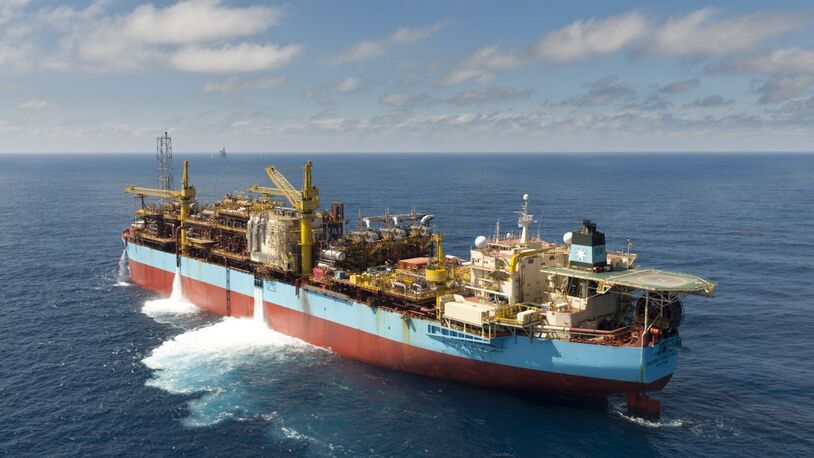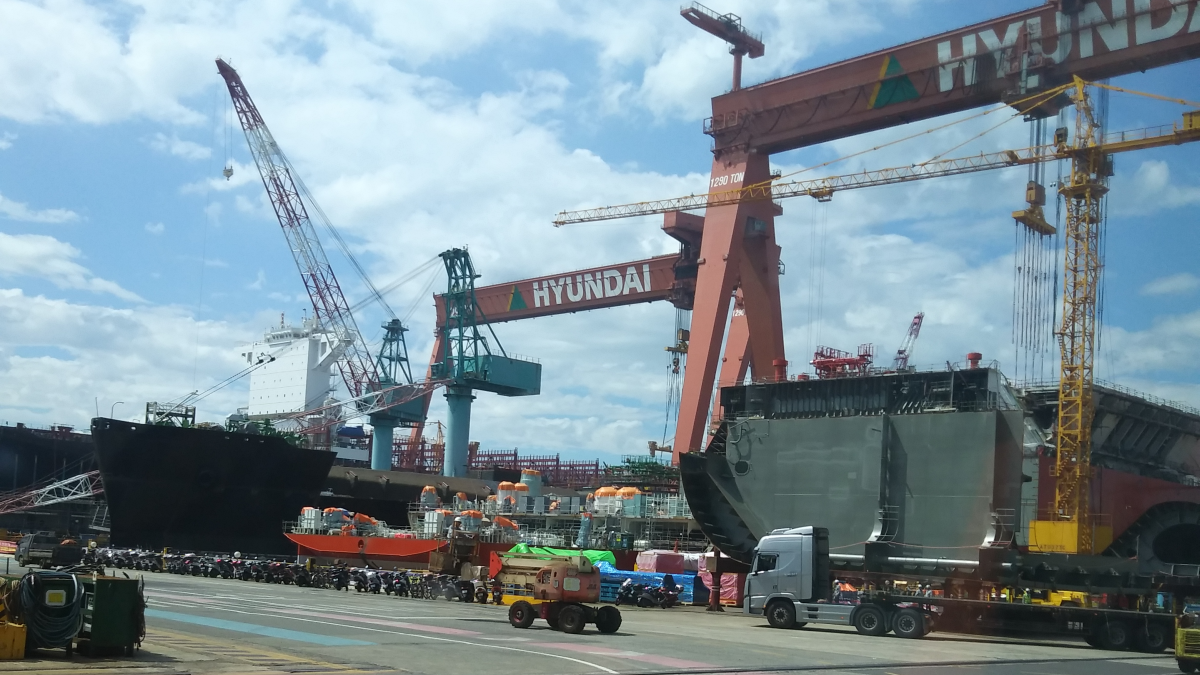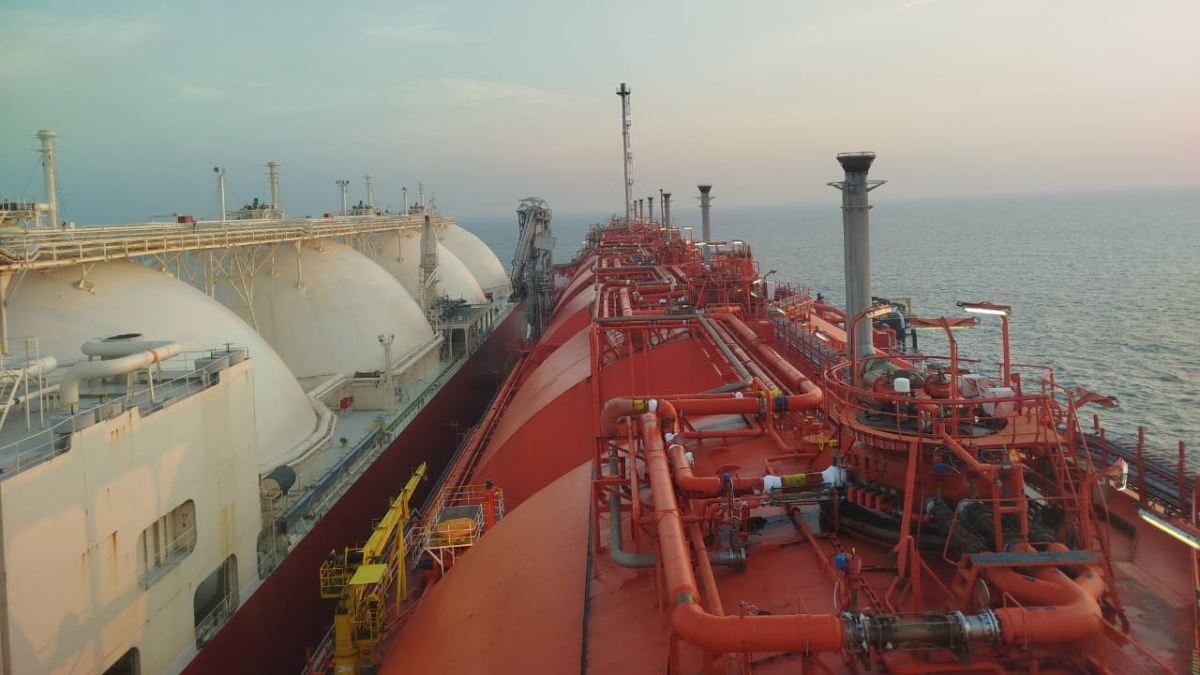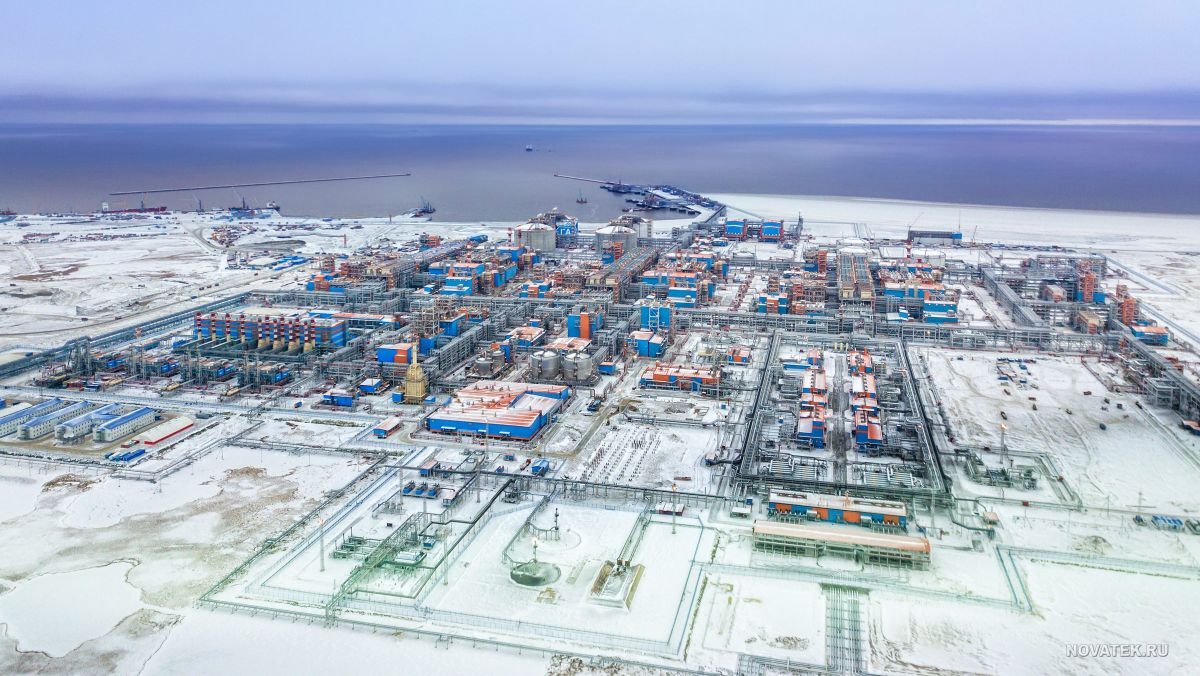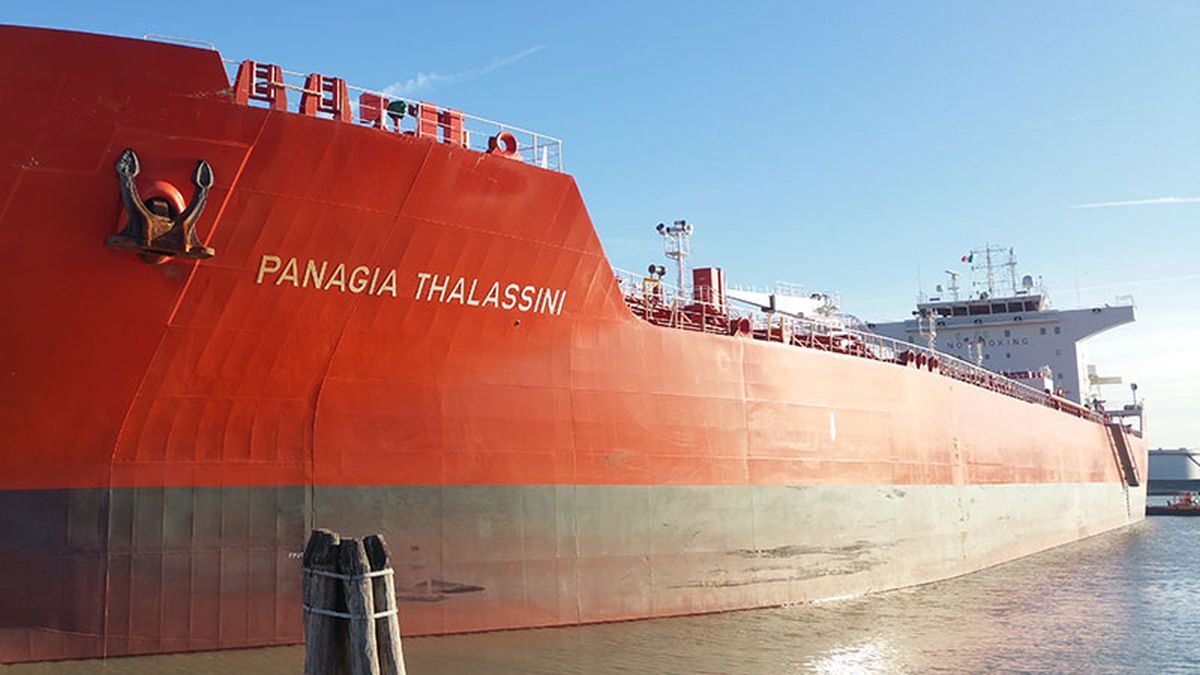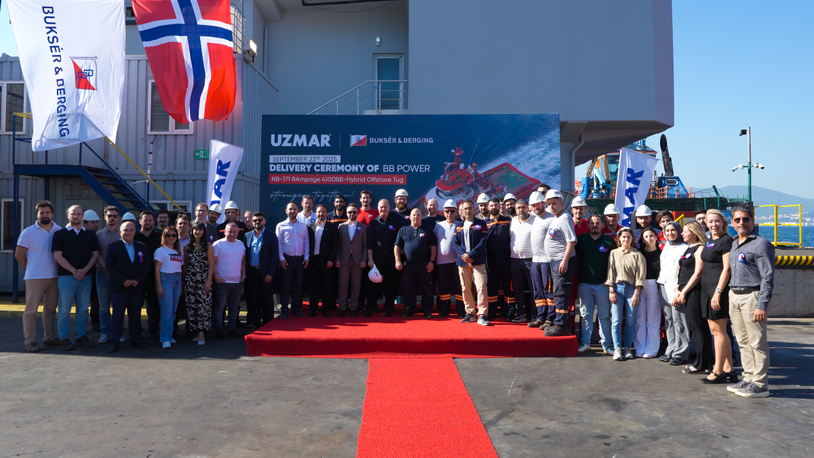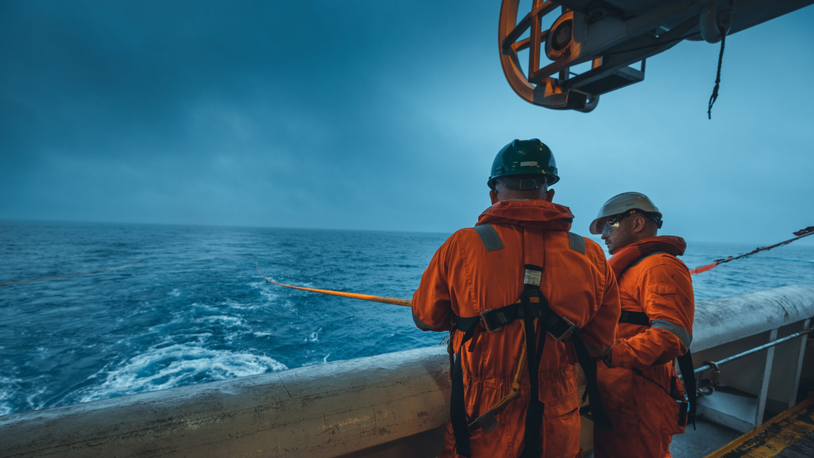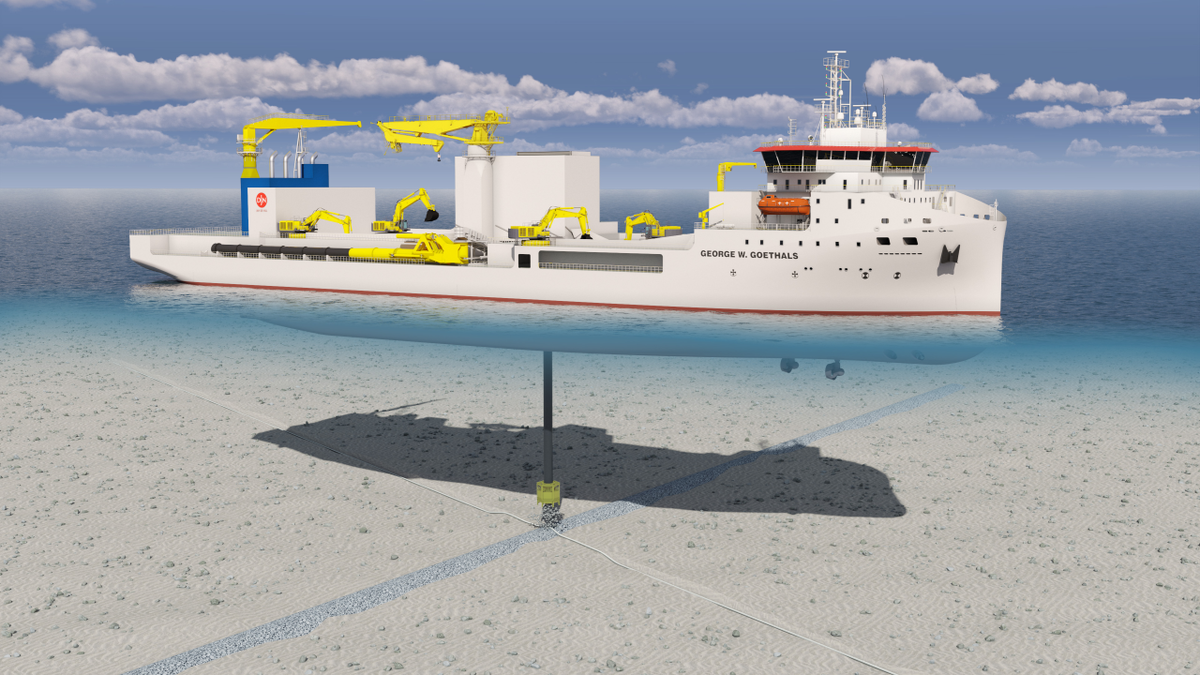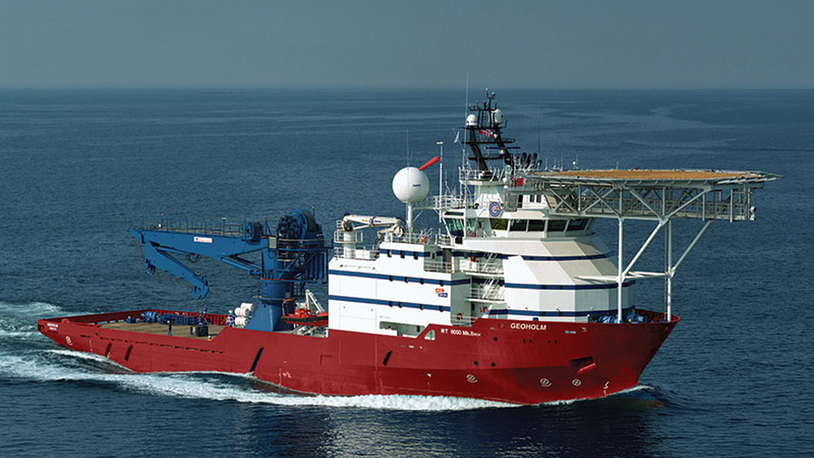Business Sectors
Events
Contents
The Underwater Centre forges new partnerships
The Underwater Centre delivers a number of training courses, such as remotely operated vehicle (ROV) pilot technician training as well as the internationally recognised air and mixed gas commercial diving courses. Its purpose-built training facility in Fort William in Scotland includes an extensive pier complex, including four dive stations, classrooms, workshops and decompression chambers, along with three fully equipped barges set up to support a variety of diving disciplines including closed bell, wet bell and surface supplied diving.
The centre recently concluded an agreement with Unique System (UK) Ltd for the representation of The Underwater Centre in the Aberdeen area. A Unique Maritime Group (UMG) company, Unique System (UK) Ltd will highlight The Underwater Centre’s services and facilities to the industry. These include subsea trials facilities, commercial diver and ROV pilot technician training, as well as bespoke corporate training courses for the oil and gas and renewable energy organisations.
Founded in 1993, UMG is one of the world’s leading integrated turnkey subsea and offshore solution providers. Through its expanding network of companies, UMG is a specialist in the provision of services, and the sale and rental of equipment for the marine, diving, hydrographic, oceanographic, and non-destructive testing (NDT) market sectors.
The group has an established manufacturing and training capability and has delivered customised engineering projects worldwide. UMG has local presence in US, UK, South Africa, India, Middle East, Russia and Singapore and employs over 500 people worldwide. The partnership will effectively give The Underwater Centre representation and the availability of a local contact in Aberdeen. Unique will benefit from being partnered with a world-renowned and well-established subsea training provider.
Tom Houghton, Unique’s sales manager, said he believes the partnership will be a great success and comes at an exciting time for both companies. “The Underwater Centre is highly respected within the industry and we’re pleased to have established this partnership which will see us working closely with them,” he said.
“The facilities they have and the quality of the courses and instructors are top-class. I am looking forward to the opportunity of effectively showcasing the capabilities of The Underwater Centre and demonstrating how companies across the northeast can benefit from their use and involvement with the centre for their training and testing requirements. With buoyant oil and gas, growing decommissioning and the onset of renewable energy, there is going to be an exciting opportunity to develop the market over the coming period.”
Steve Ham, general manager at The Underwater Centre, added: “It’s great that we have created this working relationship with Unique which will give us more of a presence in the Aberdeen area. Tom has been up to visit the centre and was impressed with the facilities and the products we offer. It’s good to have him on board helping us to demonstrate our extensive capabilities to organisations in the oil and gas and renewable sectors.”
The Underwater Centre’s training courses certainly seem to be sought after and effective. Within a week of graduating, half of a recent ROV class was employed by DOF Subsea, following the company’s attendance at an open day at the centre. A DOF Subsea representative attended the open day to see the results of significant investment that has been made there, and was impressed with the training and facilities. The four ex-students have been taken on as trainee ROV pilot technicians, working as the third man in teams of three operating across the Atlantic region.
Colin Mackay, regional ROV manager at DOF Subsea said he was particularly impressed by the enthusiasm and energy of the instructors at The Underwater Centre. “DOF Subsea recognises the need for individuals wishing to enter industry to be given proper, professional training to enable them to work in a safe and efficient manner,” he said. “This was clearly demonstrated by The Underwater Centre and resulted in our decision to commit to the recruitment of their students.”
Conal Ferguson, an ex-student who is now working for DOF Subsea, said: ‘I have just finished my first block with DOF Subsea where I was taken out on a job as a member of the team and learnt a huge amount.”
The relationship between the centre and industry is fundamental to ensuring its training and facilities remain current and relevant, with the aim of further strengthening employment opportunities for future students. This benefits the industry in the North Sea at a time when a skills shortage has been reported.
The commercial diver and ROV training facility, which also has a facility in Tasmania, Australia, recently secured its biggest ever contract – worth US$1.3 million – to train Russian saturation divers. The centre was awarded the contract to train 17 divers by MRTS, one of Russia’s largest construction contractors in the fuel and energy industry. They spent a total of nine weeks at The Underwater Centre’s Beauty Point facility in Tasmania, where they undertook a variety of courses, all of which were taught in Russian.
Due to increasing consumption of oil and gas in the Asia-Pacific region, the inflow of capital into the Russian oil and gas industry is expected to increase, along with the volume of exploration work. The training is part of the investment MRTS is making to ensure they are well placed to take advantage of the increased demand that will result. It is intended to help them reach the level of safety and competency that is expected from international diving operations.
The men, already experienced air divers, were trained on saturation procedures and techniques and will receive the internationally-recognised Australian Diver Accreditation Scheme (ADAS) closed bell certification on completion of training. They also completed an air course (recognition of prior learning experienced candidate assessment course) prior to the saturation diver training allowing them to complete the ADAS surface supplied diving examinations and gain their ADAS certification.
Alexander Kolikov, managing director of MRTS, said oil and gas firms in Russia are facing a skills shortage due to the rapidly increasing amount of exploration work underway at the moment. “By investing in the training of our divers in saturation diving, we are addressing this need for experts in maintenance and repair activities vital to maintaining Russia’s subsea infrastructure,” he said.
The centre in Fort William also recently finished training the first ever Angolans as saturation divers. Antonio Quetes and Antonio Njiva, who work for Angolan oil and gas service provider Operatec LDA, took part in the three-week HSE closed bell course.
The HSE closed bell course teaches experienced divers the procedures and competencies required to dive using a saturation system. Saturation divers live in a chamber for up to 28 days, which is pressurised to the same pressure of the sea at the depth that they will be working at. Living and working at pressure means that they can be transported quickly and efficiently to the work site underwater without decompression stops, allowing divers to work to much greater depths and for much longer periods of time than on air.
As Operatec expands the scale and scope of its diving service in Angola it aims to offer its customers saturation diving support. The increasing breadth of maintenance and repair activities required to maintain Angola’s subsea infrastructure is making it more cost effective to introduce saturation diving to the company’s service offering. Both students are currently working with Operatec on a maintenance and inspection job for a major oil and gas organisation and, as the field becomes more mature, the need for them to be trained in saturation diving has become more important. Now that they have completed their training, Operatec is to send a further 8-10 Angolans to the centre.
Mr Ham said the industry in Angola, and Africa as a whole, is growing and, as a result, there is going to be an increased need for local Angolan divers who are trained in all aspects of the job.
Operatec’s director, Lynn Holcomb, recently visited the centre to view the facilities, meet with staff and get a better understanding of where her employees would be training. She said that after carrying out research the company felt that The Underwater Centre was more responsive to its needs and the three-week course fitted in well with Operatec’s diving rotations.
“Oil and gas is currently the biggest industry in Angola. Previously, companies brought in personnel from outside of Angola, but the Angolan government laws requires companies to recruit and train Angolans in the oil and gas sector. We have always been keen to use local resources and are therefore hugely supportive of these laws,” she explained.
The Scottish centre also recently announced a new course for ROV professionals. It developed the fibre-optic termination course from feedback received from industry on new demands being placed on employees. The first of the two-day courses took place in Aberdeen at the The National Hyperbaric Centre for newly qualified and experienced ROV pilots to learn the skills needed to repair and re-terminate umbilicals and tethers.
Fibre-optic cables are extensively used in umbilical cables, especially but not exclusively, on ROV systems. With the continued boom in the energy sector, ROV professionals are in high demand. However, with the rapidly changing industry and expansion in types of projects to be undertaken there is an increasing demand for greater competence in ROV pilots.
Paul Bury, head of ROV operations at The Underwater Centre, said it was continually striving to provide courses which meet the demand of industry. “Over recent months we have continued to develop a strong relationship with industry, which means that we’ve been receiving information from them on new developments, trends and demands, which we can then take on board and develop courses where appropriate.
“This newest development in our courses will provide students with the opportunity for maximum hands-on experience and to gain knowledge from industry-experienced lecturers, ensuring a high standard of competency on completion. In this instance the course is classroom-based and relies on our industry expertise and knowledge rather than our facilities at the centre in Fort William, so we decided to hold the course in Aberdeen. Many of the companies who have ROV employees are based in and around the city and so this provides them with the opportunity to increase and improve their staff’s skill-set right on their doorstep.”
The course teaches competence in different methods of re-termination, explains the ranges of connectors available, the advantages and disadvantages of different design systems and the various requirements for repair. Hot-melt and fusion repair are specific skills that the course covers.OSJ
Related to this Story
Events
Maritime Decarbonisation, Europe: Conference, Awards & Exhibition 2025
Offshore Support Journal Conference, Americas 2025
LNG Shipping & Terminals Conference 2025
© 2024 Riviera Maritime Media Ltd.


